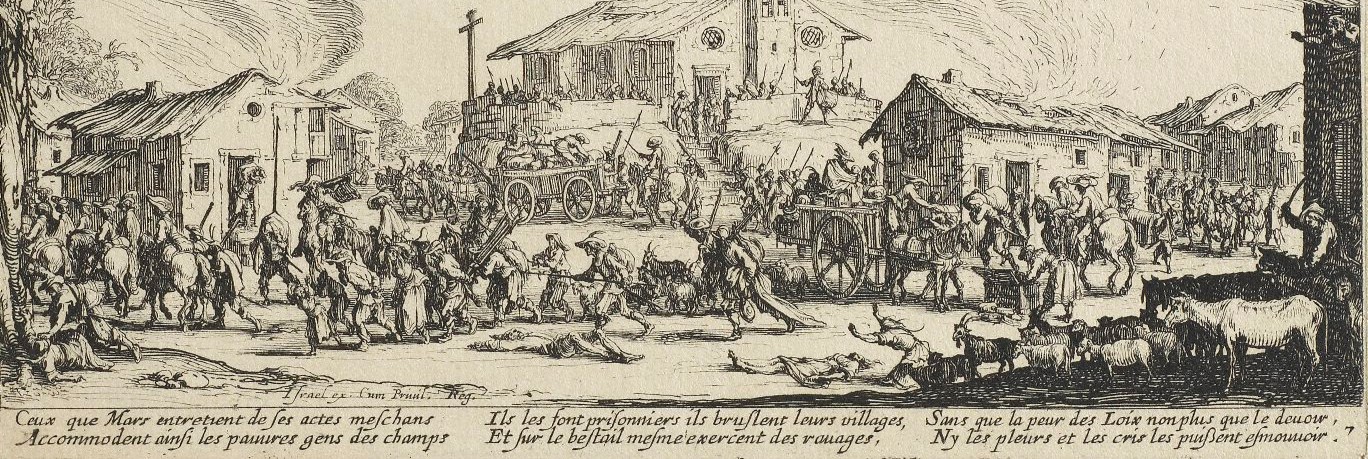The arbitral tribunal of Prof. Piero Bernardini (President), Mr. Gary Born, Judge Prof. James Crawford in Philip Morris v. Oriental Republic of Uruguay (ICSID Case No. Arb/10/7) has finally ruled on merits, dismissing the claims presented by Philip Morris (“PM”) and awarding costs to the tune of US$ 7 million to Uruguay. This award will have huge implications on the tobacco industry and countries like India who are seeking to regulate tobacco consumption through plain packaging measures as it was reportedly the first time a tobacco group had taken on a country for its anti-tobacco laws. Many are characterising Uruguay’s victory as something that will change the world. In this post, I will only focus on the claim of expropriation and the other claims of denial of justice, fair and equitable treatment and impairment of use and enjoyment of investments will be discussed in subsequent posts. Read More »
Category: Intellectual Property Law
Case Note: Pfizer Xalatan Case & Abuse of Dominant Position
By Matisse Barbaro
Introduction
Intellectual property rights (IPR) consist of inventions and ideas on which the inventors can obtain protection. Accordingly, the inventor or the owner is granted exclusive rights with the aim of obtaining commercial benefits by its invention, and in order to have some protection against the utilization of such invention by other actors.Read More »
Copyrighting Conventions – The Curious Case of the International Maritime Organization
By Atharva Sontakke

Introduction
It is a well established principle of copyright law world over that laws or texts of legislations cannot be copyrighted. There are basically two reasons for this: firstly, for copyright to subsist in a work there must be a minimum modicum of creative expression in the work and secondly, copyrighting laws would defeat the whole purpose of enacting them and resultantly would become an impediment in enforcing them. The same principle when transposed to the international arena still holds good. Read More »
Shape Up! Or Ship Out !
by Udita Kanwar
Societe des Produits Nestlé v. Cadbury UK

Legal Provision
Directive 2008/95/EC[1] -Article 3(1) (e).Read More »
